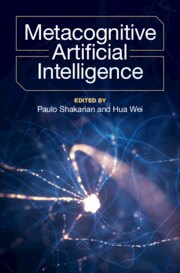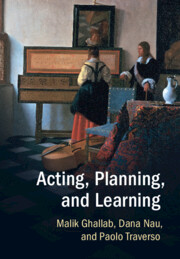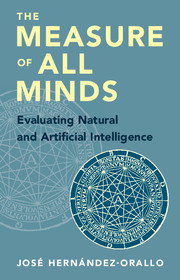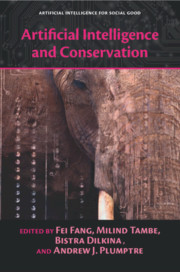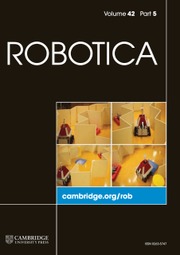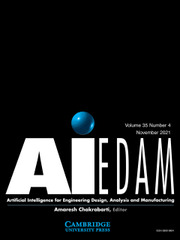Knowledge-Infused Learning
Knowledge-infused learning directly confronts the opacity of current 'black-box' AI models by combining data-driven machine learning techniques with the structured insights of symbolic AI. This guidebook introduces the pioneering techniques of neurosymbolic AI, which blends statistical models with symbolic knowledge to make AI safer and user-explainable. This is critical in high-stakes AI applications in healthcare, law, finance, and crisis management. The book brings readers up to speed on advancements in statistical AI, including transformer models such as BERT and GPT, and provides a comprehensive overview of weakly supervised, distantly supervised, and unsupervised learning methods alongside their knowledge-enhanced variants. Other topics include active learning, zero-shot learning, and model fusion. Beyond theory, the book presents practical considerations and applications of neurosymbolic AI in conversational systems, mental health, crisis management systems, and social and behavioral sciences, making it a pragmatic reference for AI system designers in academia and industry.
- Addresses the growing need for AI systems that provide understandable explanations for their decisions, especially in domains requiring high trust and accountability
- Discusses the methodologies for and benefits of designing neurosymbolic AI systems that prioritize user preferences
- Shows how existing domain-specific knowledge and principles can be leveraged to make predictions that are aligned with established practices
Product details
October 2025Hardback
9781009513746
310 pages
229 × 152 mm
Not yet published - available from October 2025
Table of Contents
- 1. Introduction
- 2. Knowledge graphs for explainability and interpretability
- 3. Knowledge-infused learning: the subsumer to neurosymbolic AI
- 4. Shallow infusion of knowledge
- 5. Semi-deep infusion learning
- 6. Deep knowledge-infused learning
- 7. Process knowledge-infused learning
- 8. Knowledge-infused conversational NLP
- 9. Neurosymbolic large language models
- References
- Index.


